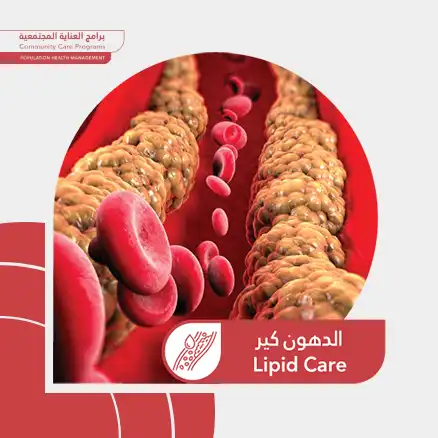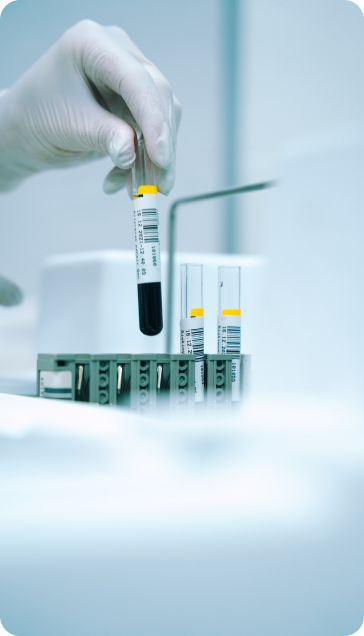List of Included Tests - 5 Tests
Triglycerides are a type of fat in your body. If you eat more calories than you need, the extra calories are changed into triglycerides. These triglycerides are stored in your fat cells for later use. When your body needs energy, triglycerides are released into your bloodstream to provide fuel for your muscles to work. If you eat more calories than you burn off, especially calories from carbohydrates and fats, you may get high triglyceride levels in your blood. High triglycerides may put you at greater risk for a heart disease
This ratio compares your total-cholesterol-to-HDL ratio. It helps figure out your risk for coronary heart disease and stroke. The American Heart Association recommends that all adults older than 20 have a lipid profile once every 4 to 6 years as long as your risk for cardiovascular disease stays low.
Non-HDL cholesterol evaluates your high-density lipoprotein (HDL, or “good”) cholesterol number from your total cholesterol number. So it contains all the “bad” types of cholesterol.Higher values mean a higher risk of heart disease.
LDL cholesterol is considered the “bad” cholesterol, because it contributes to fatty buildups in arteries (atherosclerosis). This narrows the arteries and increases the risk for heart attack, stroke and peripheral artery disease (PAD).
Cholesterol is a waxy substance found in your blood. Your body needs cholesterol to build healthy cells, but high levels of cholesterol can increase your risk of heart disease.
Preparation
- Fasting from 10 to 12 hours is required




